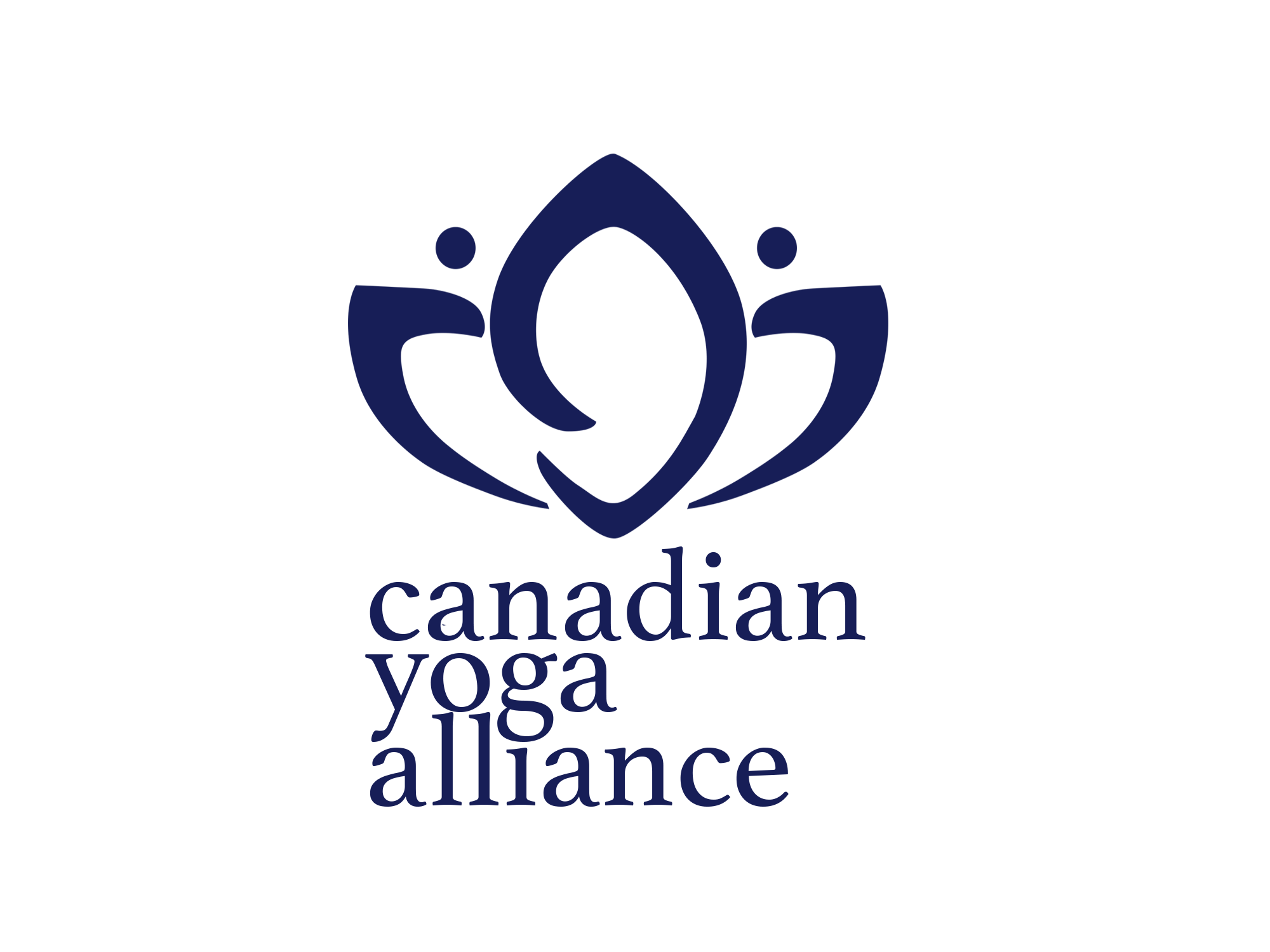Ahimsa Yoga (CYA–RYS Gold Member)
- E-mail: jp@ahimsayoga.com
- Phone: 416.922.9642
- Address: 440 Bloor Street West, 2nd Flr.
- Location: Toronto, Ontario Canada
- Website: ahimsayoga.com
- Service Offered: Ahimsa Yoga
- Type of Certification Granted: 200 HR Cert. of Training
- Years in Operation: N/A
- Date Joined: August 14, 2013
School Info
Ahimsa Yoga is a family of yoga studios (Ahimsa Yoga Toronto, Ahimsa Yoga Brooklin, & Ahimsa Yoga Courtice) that primarily teach the Ahimsa Yoga method: a system of teaching yoga that combines the spiritual foundations of yoga and its ancient traditions with a modern asana practice refined through contemporary understanding of physiology and biomechanics. The Ahimsa Yoga method includes an active vinyasa structure (Ahimsa Vinyasa); a restorative, meditative, therapeutic practice (Ahimsa Sukha); and an active, yet low-impact (non-vinyasa oriented) practice (Ahimsa Hatha).
We also included some (non-Ahimsa) vinyasa classes as well.
This outline of offerings is to support our community vision of creating a welcoming, supportive home for yoga practice that allows each person who attends our studio to find a practice that meets their current condition, physically, emotionally, and spiritually
Course Outline
The Ahimsa Yogayama Teacher Training Program has been designed to meet the requirements of the Canadian Yoga Alliance & the (non-Canadian) Yoga Alliance.
1. Anatomy & Physiology. - Our program uses the Anatomy Colouring Book (Kapit & Elson) as our foundational text for Anatomy. We also include a significant component of functional anatomy in group exercises. Our program is primarily focused on asana method, so we spend a considerable amount of time on Anatomy and Physiology.
min 25 hours (min 15 contact hours)
2. Study of Asanas. - The Yogayama Teacher Training Manual is our principal text for asana study. Asana focus comprises a significant portion of our program. We study both active asana, restorative asana, & asana to be used for meditation / pranayama.
minimum 60 contact hours
In addition to the in-class, designated teacher training sessions, students are also required to attend 60 yoga classes over the course of the program. (Most classes between 1 - 1.75 hours)
min 60 hours
3. Study of Meditation, Pranayama, Chanting, Sanskrit - In addition to asana technique, teacher trainees are taught multiple approaches to practicing (& teaching) meditation, not less than 10 pranayama techniques, several Sanskrit chants, and functional Sanskrit for yoga teachers.
min 20 Contact hours
4. Study of energy systems. - Our examination of the energetic systems focuses primarily on 3 areas: 1) the 7 major chakras, 2) the prinicpal nadis (sushumna, ida, pingala) and 3) the 5 major vayus (prana, apana, vyana, samana, udana).
min 5 contact hours
5. Study of energy bodies. - We include this focus within our Pranayama, Energy Systyems, Philosophy & Teaching Methodology components
6. Yoga Philosophy. - Our principal text for philosophy is the Yoga Sutra of Patanjali. In addition to the study of this text we do a comparison of 8 different translations to encourage trainees to find a translation that speaks to them as individuals. We also do exercises from Rod Stryker's "The Four Desires" text.
min 20 Contact hours
7. Teaching Methodology - Trainees are instructed in: effective and appropriate use of voice & language; proper use of sanskrit terminology; safe, effective adjusting; understanding & reading bodies; rolls of a yoga teacher; skill set of a great yoga teacher; understanding different types of student; recognizing and working with ones own strengths and weaknesses as a teacher / leader; developing clear, effective, supportive language in teaching; being a good ambassador to the yoga lineage when standing in the roll of the teacher.
20 contact hours
8. Other. - PRACTICUM COMPONENT - Our trainees co-teach practicum classes in both the Ahimsa Vinyasa & Ahimsa Sukha styles of teaching. These are classes attended by their fellow teacher trainees, as well as general public participants (by donation, charity attendance) and supervised by program faculty. These classes are followed by a feedback / teaching discussion facilitated by the supervising program faculty.
2.5 hours per session, minimum 15 sessions = 37.5 contact hours.
Students must also observe classes of 3 different styles (Kundalini, Sivananda, Moksha, etc.) and report on those styles
6 non-contact hours
Students must also assist 3 regular scheduled classes and stay for feedback with the class teacher.
6 hours (potentially contact w/ principal faculty, potentially alternate teachers)
Graduates
N/A

